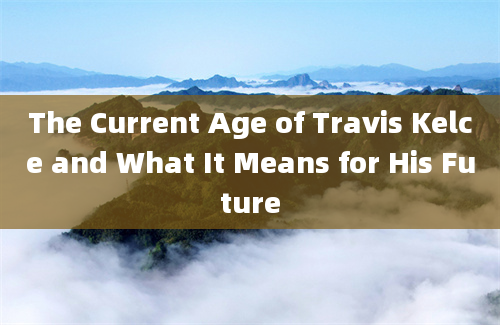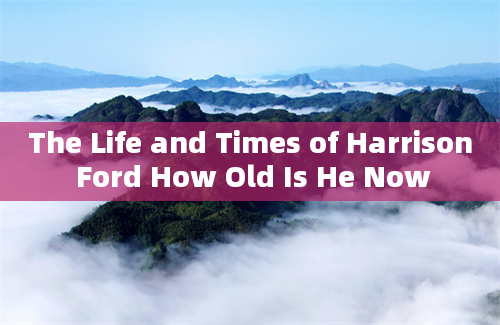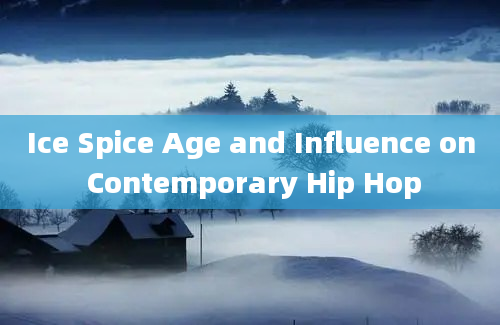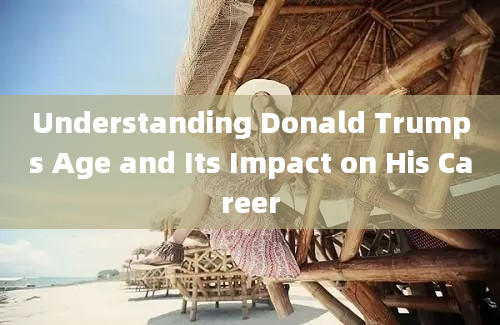A Look at Joe Biden's Age Compared to Other Presidents

Introduction
The age of political leaders, particularly presidents, has been a topic of increasing interest and scrutiny. Joe Biden, the 46th President of the United States, took office at the age of 78, making him the oldest person to assume the presidency. This has sparked discussions about age, health, and the demands of the highest office in the land. In this article, we will compare Joe Biden's age to that of other U.S. presidents, examining historical data and expert opinions to provide a comprehensive overview.
Historical Context
1. Oldest Presidents at Inauguration:
Joe Biden (2021): 78 years old.
Donald Trump (2017): 70 years old.
Ronald Reagan (1981): 69 years old.
According to the Smithsonian Magazine, Reagan was the oldest president until Biden took office. Reagan's age was a topic of concern during his campaigns, but he served two full terms, demonstrating that age alone does not determine a president's effectiveness (source: [Smithsonian Magazine](https://www.smithsonianmag.com/history/oldestpresidentsunitedstates180975540/)).
2. Youngest Presidents at Inauguration:
Theodore Roosevelt (1901): 42 years old (assumed office after McKinley's assassination).
John F. Kennedy (1961): 43 years old.
Bill Clinton (1993): 46 years old.
The National Constitution Center provides a detailed list of the youngest presidents, highlighting the contrast between the ages at which different leaders have taken office (source: [National Constitution Center](https://constitutioncenter.org/blog/whowastheyoungestpresidentinushistory)).
Comparative Analysis
1. Average Age of Presidents:
The average age at inauguration for U.S. presidents is approximately 55 years old. This data, sourced from the Miller Center at the University of Virginia, helps put Biden's age into perspective (source: [Miller Center](https://millercenter.org/president/averageage)).
2. Longevity and Health:
Life Expectancy: According to the Centers for Disease Control and Prevention (CDC), the average life expectancy in the U.S. is around 78 years. However, life expectancy for individuals in highincome brackets, like presidents, tends to be higher (source: [CDC](https://www.cdc.gov/nchs/fastats/lifeexpectancy.htm)).
Health Monitoring: Presidents undergo rigorous health checks. The White House Medical Unit provides comprehensive care, ensuring that the president remains fit for office (source: [White House Medical Unit](https://www.whitehouse.gov/administration/eop/whmu/)).
Expert Opinions
1. Geriatric Experts:
Dr. John Rowe, a professor of health policy and management at Columbia University, notes that chronological age is less important than biological age. Factors such as lifestyle, genetics, and healthcare play significant roles in determining an individual's capacity to handle the stresses of high office (source: [Columbia University](https://www.publichealth.columbia.edu/faculty/johnrowe)).
2. Political Scientists:
According to Dr. Elaine Kamarck of the Brookings Institution, age can bring wisdom and experience, but it also raises questions about energy levels and cognitive function. She emphasizes the need for transparency regarding presidential health (source: [Brookings Institution](https://www.brookings.edu/experts/elaineckamarck/)).
Conclusion
Joe Biden's age at inauguration is a historical milestone that invites comparisons with past presidents. While age is a significant factor, it must be considered alongside other variables such as health, experience, and the unique demands of the presidency. As the nation continues to grapple with this issue, it is essential to rely on data and expert insights to form a balanced perspective.
Frequently Asked Questions (FAQs)
Q1: Who was the oldest president before Joe Biden?
A1: Before Joe Biden, Ronald Reagan was the oldest president, taking office at the age of 69. (Source: [Smithsonian Magazine](https://www.smithsonianmag.com/history/oldestpresidentsunitedstates180975540/))
Q2: How old was Joe Biden when he became president?
A2: Joe Biden was 78 years old when he was inaugurated as the 46th President of the United States.
Q3: What is the average age of U.S. presidents at inauguration?
A3: The average age of U.S. presidents at inauguration is approximately 55 years old. (Source: [Miller Center](https://millercenter.org/president/averageage))
Q4: Who was the youngest president in U.S. history?
A4: Theodore Roosevelt was the youngest president, assuming office at the age of 42 after the assassination of William McKinley. (Source: [National Constitution Center](https://constitutioncenter.org/blog/whowastheyoungestpresidentinushistory))
Q5: Does the White House have a medical unit for the president?
A5: Yes, the White House Medical Unit provides comprehensive healthcare for the president, ensuring they remain fit for office. (Source: [White House Medical Unit](https://www.whitehouse.gov/administration/eop/whmu/))
Q6: What is the average life expectancy in the U.S.?
A6: The average life expectancy in the U.S. is around 78 years, according to the CDC. (Source: [CDC](https://www.cdc.gov/nchs/fastats/lifeexpectancy.htm))
Q7: How does age affect a president's ability to serve?
A7: Age can bring wisdom and experience but also raises concerns about energy levels and cognitive function. It is essential to consider biological age and overall health. (Source: [Columbia University](https://www.publichealth.columbia.edu/faculty/johnrowe))
Q8: What do political scientists say about presidential age?
A8: Political scientists like Dr. Elaine Kamarck emphasize the need for transparency regarding presidential health and note that age brings both advantages and challenges. (Source: [Brookings Institution](https://www.brookings.edu/experts/elaineckamarck/))
Q9: How many terms did Ronald Reagan serve despite his age?
A9: Ronald Reagan served two full terms, demonstrating that age alone does not determine a president's effectiveness.
Q10: Is chronological age the best measure of a president's fitness for office?
A10: No, chronological age is less important than biological age and overall health. Factors such as lifestyle, genetics, and healthcare are also crucial. (Source: [Columbia University](https://www.publichealth.columbia.edu/faculty/johnrowe))










